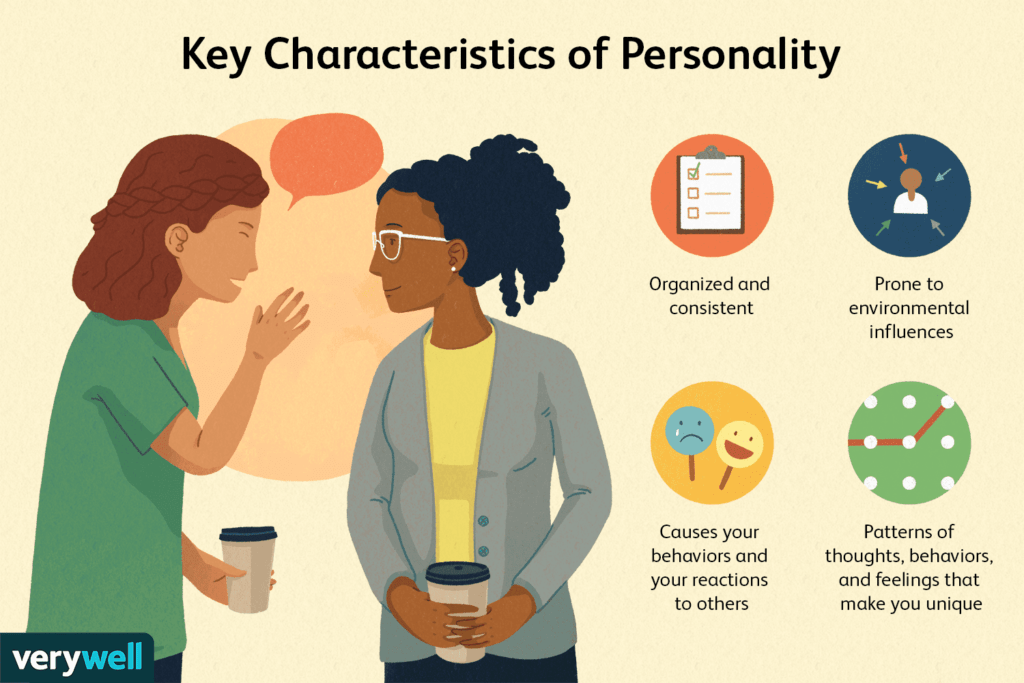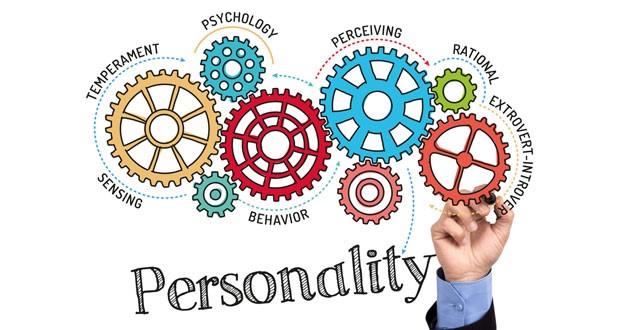Should we focus on character and personality over beauty standards?
Focusing on character and personality over beauty standards is not just commendable but essential for building a more compassionate, equitable, and inclusive society. Here are several compelling reasons why this shift in focus is not only beneficial but also necessary:

Genuine Connections: Prioritizing identy and personality encourages people to form deeper, more meaningful connections based on shared values, interests, and emotional compatibility. It fosters genuine relationships that are not superficially influenced by physical appearance.
Inclusivity: Character and personality are inclusive qualities that everyone possesses. This approach respects individuals regardless of their physical attributes, making it more accessible and accepting of diverse backgrounds, identities, and abilities.
Emotional Intelligence: Emphasizing and personality promotes emotional intelligence and empathy. It encourages people to understand and relate to others on a deeper level, leading to more harmonious relationships and communities.
While physical beauty fades, character and personality continue to grow, providing a lasting basis for attraction and connection.
Resilience: Focusing on character and personality builds resilience against the harmful effects of societal beauty standards. It reduces the pressure to conform to unrealistic ideals, which can lead to anxiety, body image issues, and self-esteem problems.
Encourages Self-Improvement: Embracing character and personality encourages personal growth and self-improvement. It motivates individuals to develop qualities such as kindness, empathy, and integrity, which benefit both themselves and their relationships.
Prioritizing character and personality fosters a more equitable society by valuing inner qualities over external attributes. This shift challenges the discrimination and bias associated with beauty standards.
Promotes Authenticity: Emphasis on character and personality encourages authenticity and self-expression. It sends the message that people should be valued for who they truly are rather than conforming to societal expectations.
Mental and Emotional Well-being: Valuing character and personality promotes better mental and emotional well-being. It reduces self-criticism also the negative effects of comparison, leading to improved self-esteem and mental health.
Cultural Diversity: Different cultures and societies have varying beauty standards. Focusing on character also personality transcends these cultural differences, promoting understanding and acceptance among diverse groups.
Conclusion
Shifting focus from beauty standards to character also personality transforms society into a more compassionate, inclusive, and equitable place.
It encourages genuine connections, emotional intelligence, personal growth, also authentic self-expression.
By valuing inner qualities over external appearances, we can build stronger. More fulfilling relationships also communities that celebrate the uniqueness of each individual. 바카라사이트
